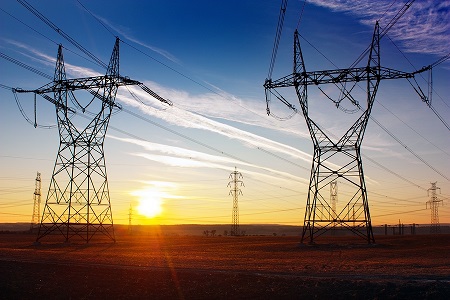The fall in consumption is having major disruptive impacts on the generation and distribution network sectors of the electricity supply industry.
Dr Hugh Saddler, research associate of the Australian National University Centre for Climate and Principal Consultant – Energy Strategies with pitt & sherry says residential electricity use has dropped significantly, coupled with a "collapse" in manufacturing output.
Dr Saddler says the decrease in residential electricity consumption is the result of "a combination of factors, including energy efficiency programs being rolled out by governments, improvements in minimum energy performance standards for household appliances such as televisions, fridges and air-conditioning, and improved building energy efficiency standards."
He says consumers have also made a conscious effort to reduce their electricity use at home.
"Households have really responded to higher electricity prices. This was evident when power prices became front page news around 2010, people started looking at their electricity bill and thinking 'what can I do to reduce my power consumption?'"
And the growing popularity of rooftop photovoltaic (solar panel) systems on homes has also had a significant impact.
Dr Saddler says energy generation and output may continue to drop, especially if there are more major industrial closures around the country, such as the potential shutdown of some older aluminium smelters.












